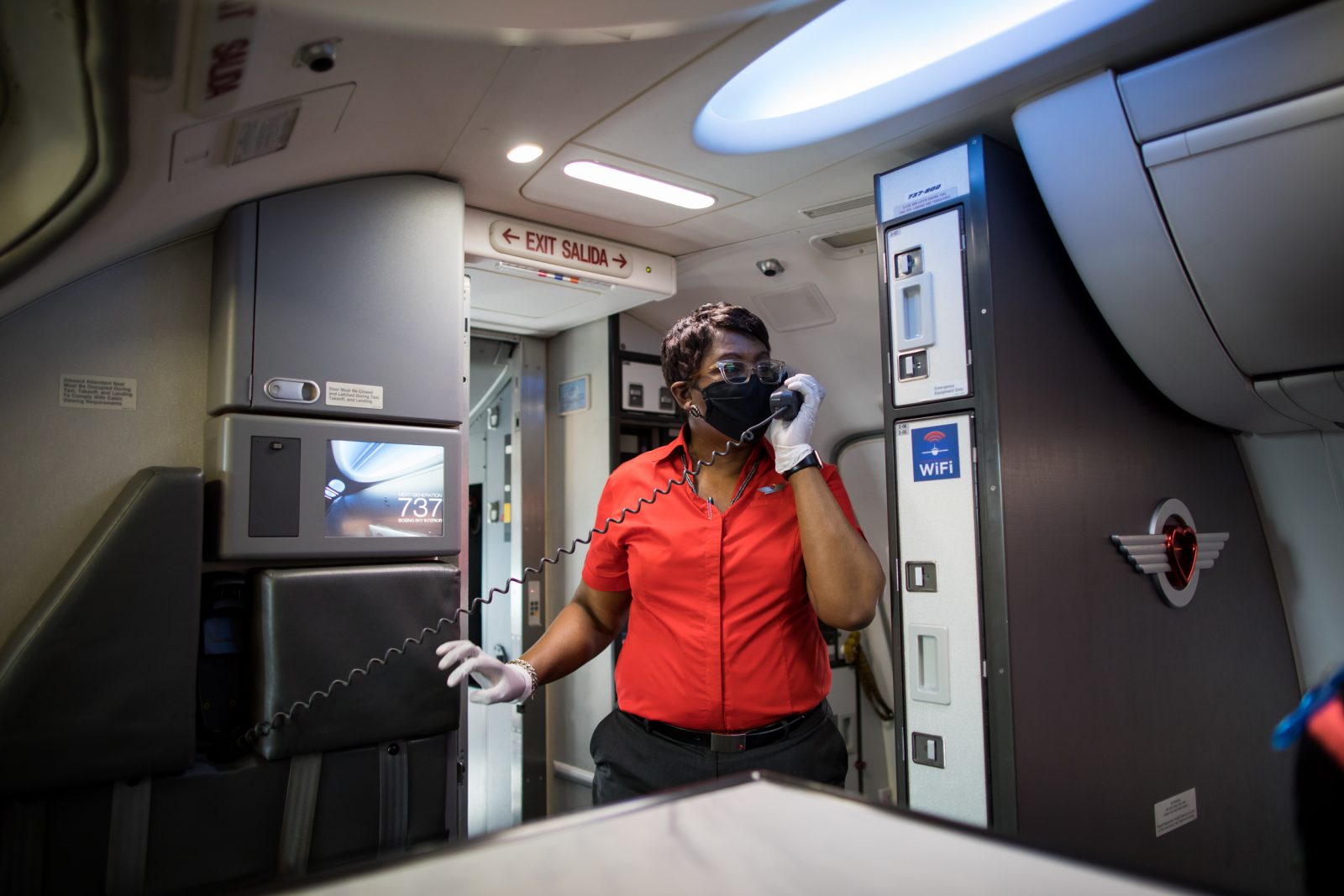
U.S. airlines are set to get hands-on a share of $15 billion as part of an emergency pandemic relief bill that leaders in the House and Senate finally reached agreement on late Sunday evening. Lawmakers are poised to vote on the $900 billion stimulus package on Monday as part of efforts to support a struggling economy that has been hammered by the COVID-19 pandemic.
For thousands of unemployed flight attendants and other airline workers, the relief bill will mean they get their jobs back even if flight schedules remain heavily disrupted as Coronavirus cases surge across the U.S. in the final run-up to the Christmas Holidays.
Workers at American Airlines are set to benefit the most after the airline furloughed more than 19,000 workers, including 8,000 flight attendants at the start of October. The Dallas Fort Worth-based airline recently told flight attendants that it hoped to start recalling workers in early 2021, although this was reliant on lawmakers passing a payroll support program.
And employees at United Airlines will also get a reprieve after 13,000 workers were temporarily laid-off when funding from the initial CARES Act dried up.
Other airlines which have so far managed to avoid furloughing staffers are also set to benefit. Southwest will withdraw a threat to furlough staff for the first time in the company’s history, as well as lifting demands for significant concessions from many unionized workgroups including flight attendants.
Delta Air Lines hasn’t needed to furlough staff either but has pleaded with employees to take voluntary unpaid leave. Those demands are also likely to be lifted as federal funding comes pouring in.
The relief package, as planned, will provide guaranteed pay for airline employees between December 1, 2020 and March 21, 2021. Airlines who want the government money will have to agree to recall all furloughed workers or agree not to make any redundancies for the period of the deal.
Unlike the original payroll support program, the new relief bill will provide $10 billion less in airline funding and will only last for four months compared to six months.
Whether the tide has turned on the Coronavirus pandemic by the end of March remains unclear and possibly unlikely. Once this bill is passed, aviation unions and airline leaders will turn their attention to the incoming Biden administration in an effort to get more longterm support for what sets to be a turbulent 12-months ahead.
Related
Mateusz Maszczynski honed his skills as an international flight attendant at the most prominent airline in the Middle East and has been flying ever since... most recently for a well known European airline. Matt is passionate about the aviation industry and has become an expert in passenger experience and human-centric stories. Always keeping an ear close to the ground, Matt's industry insights, analysis and news coverage is frequently relied upon by some of the biggest names in journalism.







